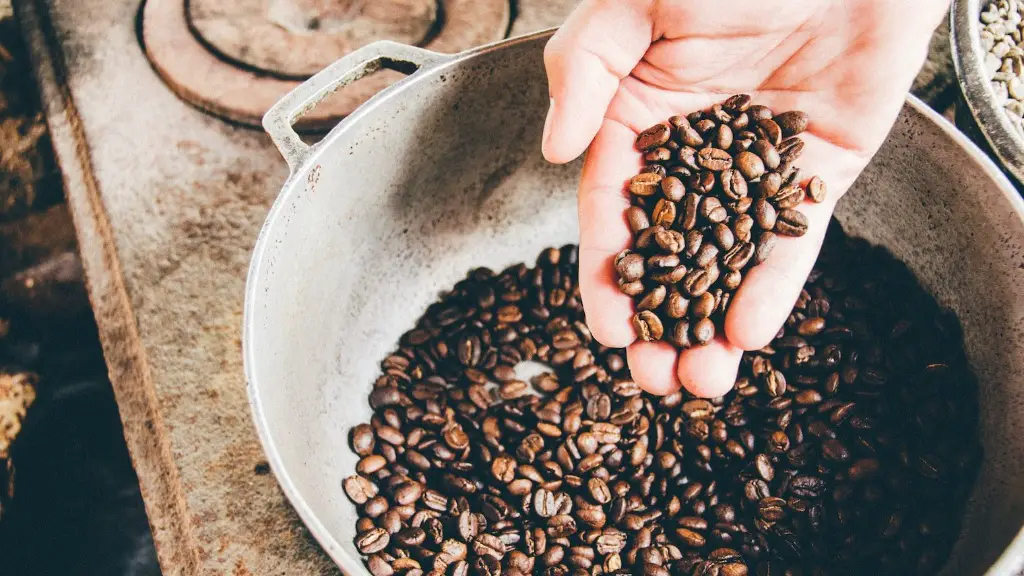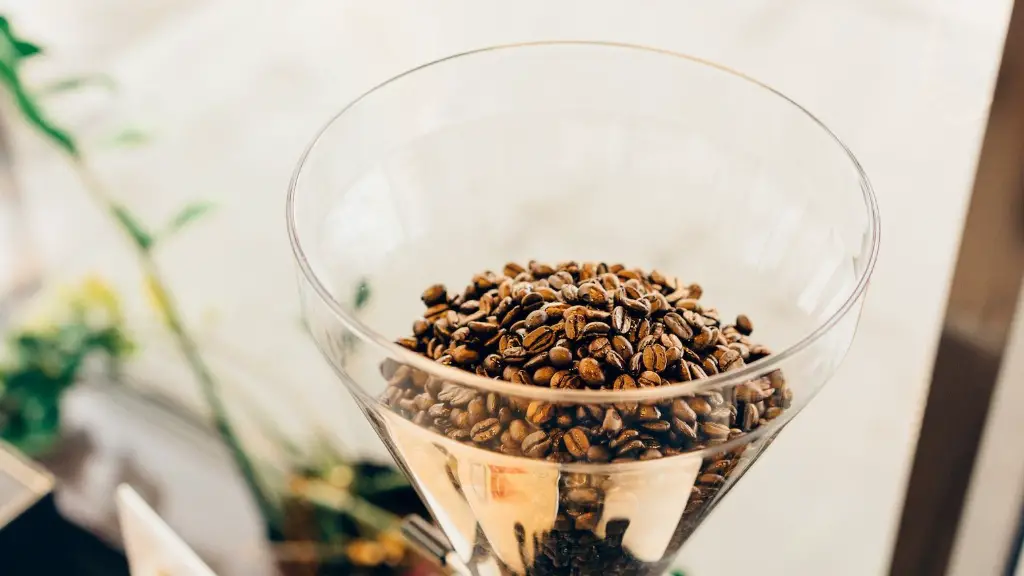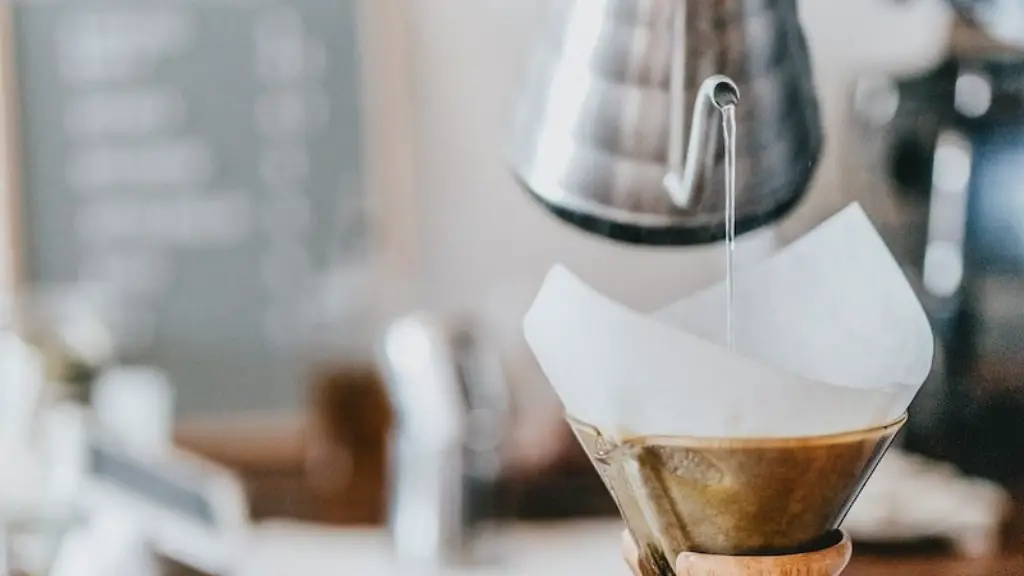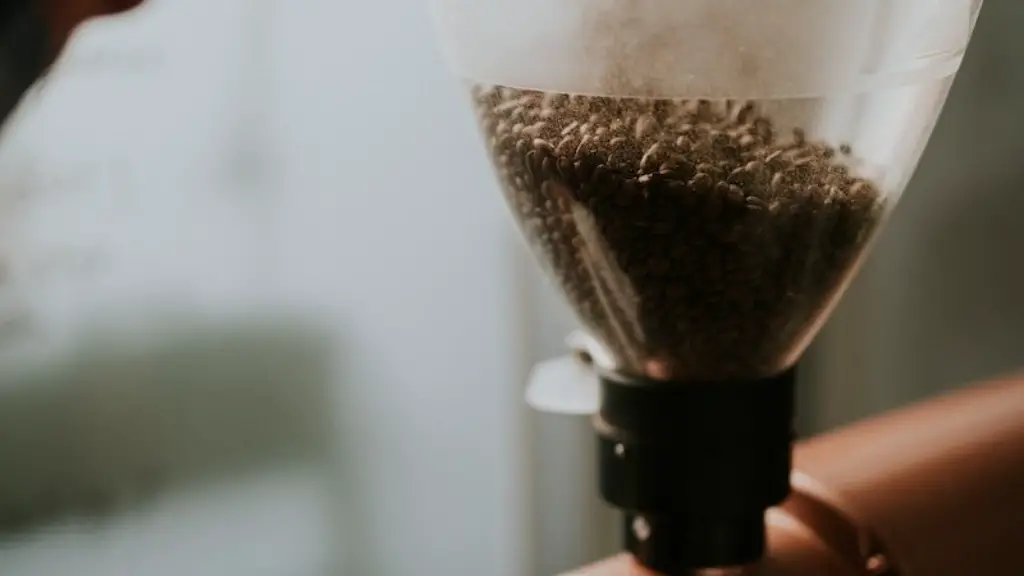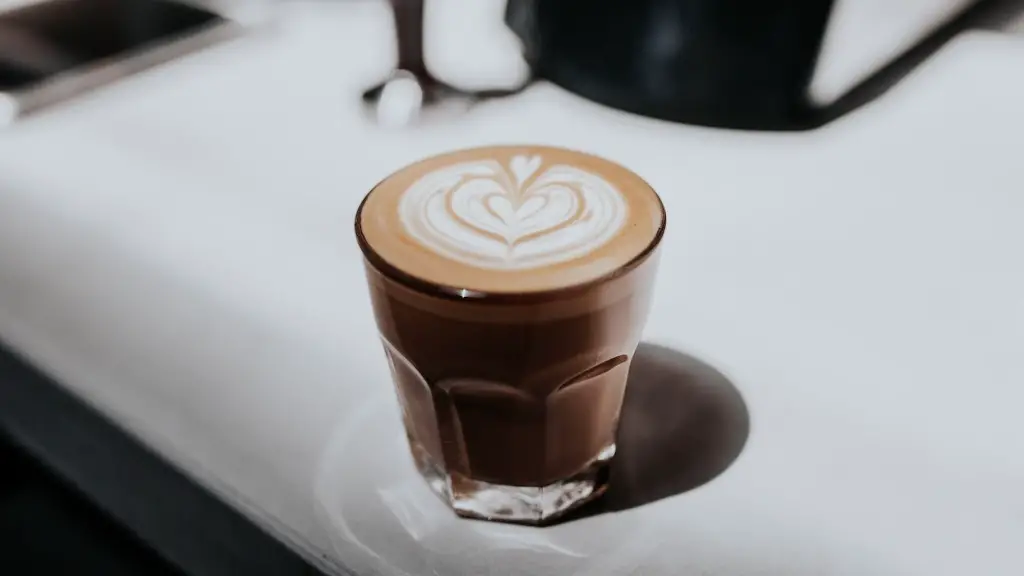We’ve all heard that too much coffee is bad for us and can give us headaches. But what exactly is the science behind this? Can you really get a headache from drinking coffee?
The answer is yes, you can get a headache from drinking coffee.Studies have found that drinking coffee can both cause and aggravate headaches. One study showed that those who drank more than five cups of coffee a day were three times more likely to develop a headache than those who drank one cup or less.
Caffeine is one of the main culprits behind a coffee-induced headache. Caffeine is a stimulant and when consumed in large amounts, it can cause the blood vessels in the brain to constrict. This can result in a headache that can be felt anywhere from 15 minutes to one hour after drinking coffee.
When it comes to the amount of coffee consumed and headache risk, it varies from person to person. Generally, the more coffee you drink, the higher your risk of getting a headache. However, some people are more sensitive to caffeine than others and can get a headache after drinking just one cup.
It is also important to note that people who suffer from chronic headaches, such as migraines and cluster headaches, may be at an even higher risk of getting a headache from drinking coffee. This is because caffeine can aggravate the pain and make it even worse. That is why experts recommend that people with these types of headaches avoid caffeine altogether.
But caffeine isn’t the only culprit that can cause a headache from drinking coffee. Another possible culprit is the acidity of coffee. Many people don’t realise that coffee can be quite acidic and, if consumed in large amounts, can cause the stomach to produce more acid. This acidity can also contribute to a headache.
It is important to note that coffee isn’t the only thing to blame for headaches. Stress and dehydration can also contribute to headaches and can make them even worse. That is why some experts recommend drinking plenty of water throughout the day and making sure to take time to relax.
Symptoms
The symptoms of a coffee-induced headache can vary from person to person. Common symptoms include throbbing pain, sensitivity to light and sound, nausea, and dizziness.
These symptoms can range from mild to severe, depending on the amount of coffee consumed and the individual’s sensitivity to it. Generally, the more coffee consumed, the worse the symptoms will be.
It is also important to note that coffee-induced headaches usually go away within a few hours of drinking the coffee. This is because, as the caffeine wears off, the blood vessels in the brain begin to expand. If the headache persists beyond a few hours, it is important to speak to a healthcare professional.
Prevention
The best way to prevent a coffee-induced headache is to limit the amount of caffeine consumed on a daily basis. Experts recommend limiting your intake to no more than 400 milligrams a day or less than four cups.
It is also a good idea to make sure you get plenty of sleep, drink plenty of water throughout the day, and take time to relax and unwind. Dehydration and stress can both contribute to headaches, so reducing these can help reduce the risk of getting a headache from coffee.
In addition to limiting your caffeine intake, it is also a good idea to watch out for other potential causes of headaches. These include foods such as chocolate, MSG, and artificial sweeteners. It is also important to make sure you are not deficient in certain vitamins and minerals, such as B vitamins, magnesium, and iron.
Treatment
If you find yourself with a coffee-induced headache, there are a few things you can do to help alleviate the pain. The first is to stop drinking coffee until the headache subsides. Staying hydrated with water is also important and can help reduce the intensity of the headache.
Over-the-counter pain medications such as ibuprofen and aspirin can also help to relieve pain. Alternatively, some people find that relaxing with a hot or cold compress, or even taking a short nap, can help to relieve the headache. If the headache persists, it is important to seek medical attention.
Nutritional Benefits
Despite the fact that drinking too much coffee can lead to headaches, there are some health benefits associated with it. Coffee is a great source of antioxidants, which can help protect the body from damage caused by free radicals. It is also a good source of essential vitamins and minerals, such as niacin, riboflavin, potassium, and magnesium.
In addition to this, some studies have linked higher coffee consumption with a reduced risk of certain diseases, such as Alzheimer’s, Parkinson’s, type 2 diabetes, and certain cancers.
That being said, it is important to remember that the key is moderation. If you are prone to getting headaches from drinking coffee, it is best to limit your intake to no more than two or three cups a day.
Substitutes
For those who want to enjoy the benefits of coffee but don’t want to risk a headache, there are several alternatives. Herbal teas such as chamomile and ginger can be great substitutes for coffee and can provide many of the same health benefits. Additionally, there are a number of low-caffeine coffees available on the market that can provide a good buzz without the risk of a headache.
Other alternatives include matcha and kombucha, both of which are high in antioxidants and have less caffeine than coffee. Additionally, there are a number of caffeine-free beverages that are packed with health benefits, such as lemon water and green tea.
Conclusion
Headaches can be an annoying side effect of drinking coffee, but the good news is that there are a few ways to prevent or treat them. By limiting your coffee intake and staying hydrated, you can reduce your risk of getting a headache. Additionally, there are a number of low-caffeine or caffeine-free alternatives that can provide the same health benefits.

